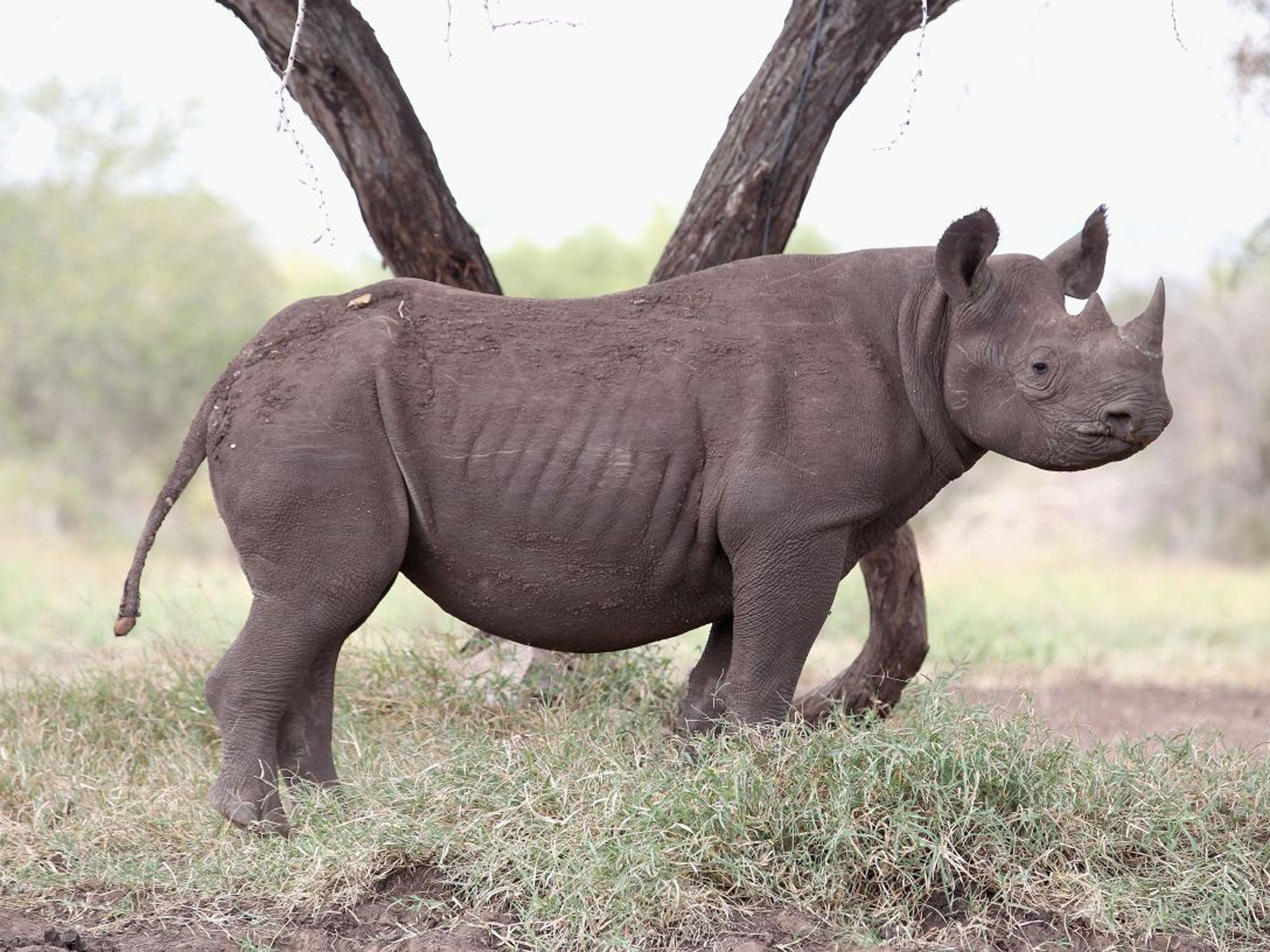Rhino killings for horns rise rapidly in South Africa

By the time ranchers found the rhinoceros calf wandering alone in this idyllic setting of scrub brush and acacia, the nature reserve had become yet another blood-soaked crime scene in South Africa's losing battle against poachers.
Hunters killed eight rhinos at the private Finfoot Game Reserve inside the Vaalkop Dam Nature Reserve this month with single rifle shots that pierced their hearts and lungs. The poachers' objective: the rhinos' horns, cut away with knives and popped off the dead animals' snouts for buyers in Asia who pay the street value of cocaine for a material they believe cures diseases.
That insatiable demand for horns has sparked the worst recorded year of rhino poaching in South Africa in decades, with at least 588 rhinos killed so far, their carcasses rotting in private farms and national parks. Without drastic change, experts warn that soon the number of rhinos killed will outpace the number of the calves born — putting the entire population at risk in a nation that is the last bastion for the prehistoric-looking animals.
"This is a full-on bush war we are fighting," said Marc Lappeman, who runs the Finfoot reserve with his father Miles and has begun armed vigilante patrols to protect the remaining rhinos there. "We here are willing to die for these animals."
Unchecked hunting nearly killed off all the rhinos in southern Africa at the beginning of the 1900s. Conservationists in the 1960s airlifted rhinos to different parts of South Africa to spread them out. That helped the population grow to the point that South Africa is now home to some 20,000 rhinos — 90 percent of all rhinos in Africa.
Join our commenting forum
Join thought-provoking conversations, follow other Independent readers and see their replies
Comments
Bookmark popover
Removed from bookmarks